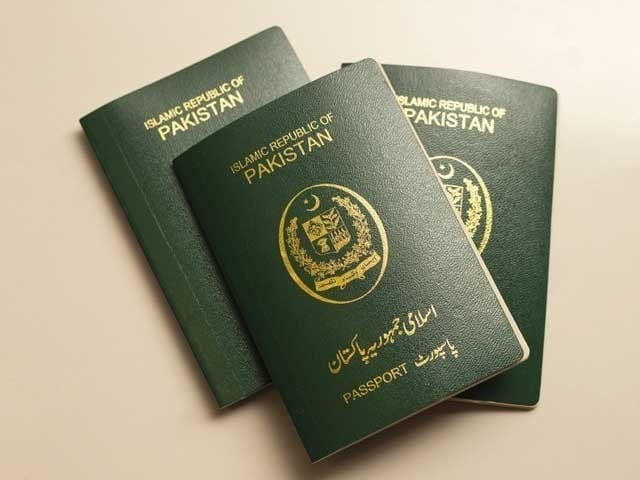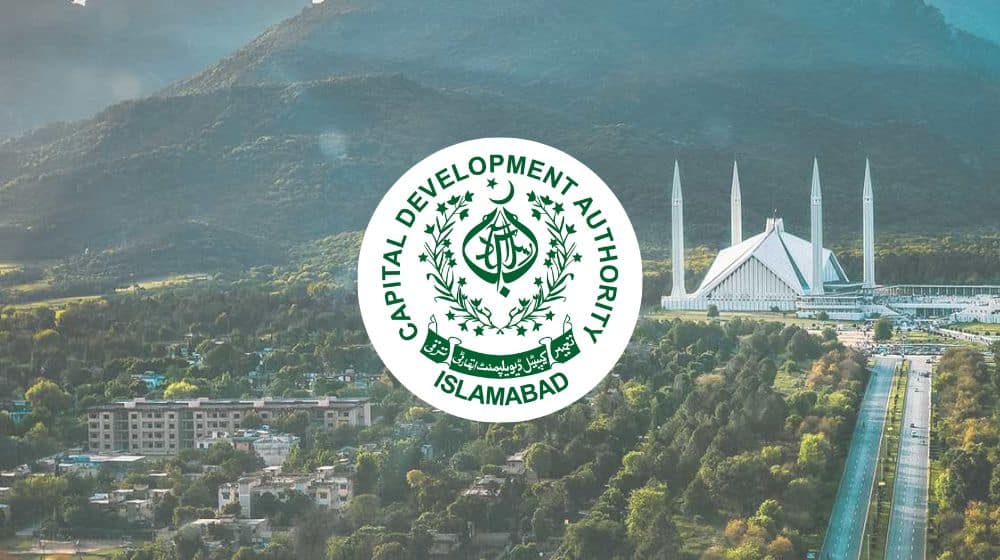A delay in government funding for an advanced passport printing machine has left over 800,000 people in Pakistan waiting for their passports. Despite the Passport and Immigration Department finalizing a tender and placing an order for the equipment, the Finance Division has yet to release the required PKR 2.9 billion, leading to a significant backlog in passport processing.
Although the backlog previously exceeded 1.5 million, it has since been reduced. However, the department, which generates PKR 50 to 51 billion in annual revenue, is struggling to keep up with demand due to the absence of the new machine.
Officials from the Passport and Immigration Department have expressed frustration over the situation. Despite their substantial revenue contributions, they have not received the necessary funds to acquire the new machine to address the rising demand. “We receive 72,000 to 75,000 passport applications daily but can only process 22,000, leaving a large number of applicants in limbo,” stated a senior department official, who requested anonymity.
The situation is further complicated by import restrictions, making it difficult to obtain essential equipment. Although all legal procedures have been completed and the order for the machine has been placed, bureaucratic delays are preventing its procurement.
Mustafa Jamal Qazi, Director General of Passport and Immigration, acknowledged the difficulties but assured that steps are being taken to resolve the issue. “We’ve managed to clear passports for around 700,000 to 800,000 people from the backlog, but new applications keep coming in,” Qazi explained. He also mentioned that another request for funding has been submitted to the Finance Division.
READ MORE:
Suzuki Cultus vs. Kia Picanto | Top Budget Hatchback Choices
The new machine, once procured, will significantly increase passport production capacity, capable of printing 40,000 to 42,000 passports per day—double the current output. If the funds are released promptly and the machine becomes operational within the next month, the department aims to eliminate the backlog by November or December, ensuring the timely issuance of both machine-readable and e-passports.
The delay has caused major challenges for those urgently needing passports, but the department remains hopeful that the situation will improve once the new machine is in place.



